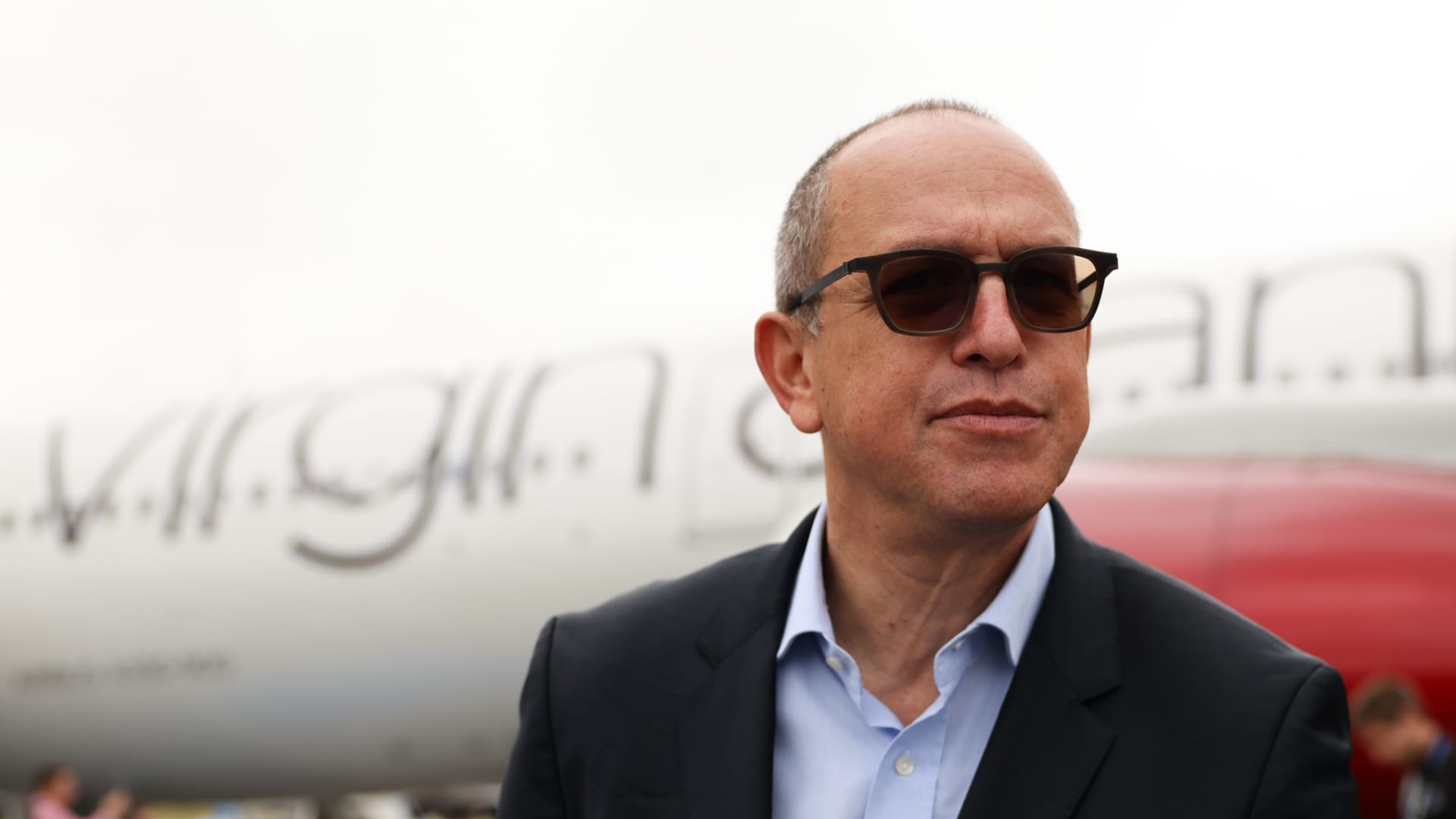Virgin Atlantic CEO Criticizes UK’s Air Passenger Duty Increase as ‘Tax on Growth’
In a recent statement, Shai Weiss, CEO of Virgin Atlantic, has voiced strong opposition to the UK’s planned increase in Air Passenger Duty (APD), describing it as a detrimental ‘tax on growth’ that could hinder the aviation industry’s recovery and broader economic resurgence.
Understanding Air Passenger Duty
Air Passenger Duty is a tax levied by the UK government on passengers departing from UK airports. The rates vary based on the class of travel and the distance of the flight. In the latest budget, the government announced an increase in APD rates, effective from April 2025, with further adjustments planned for subsequent years. These changes are part of broader fiscal measures aimed at addressing the national deficit and funding public services.
Impact on the Aviation Industry
The aviation sector, already reeling from the effects of the COVID-19 pandemic, views the APD increase as a significant setback. Weiss argues that higher taxes on air travel will lead to increased ticket prices, potentially reducing passenger demand. This, in turn, could slow the industry’s recovery, affect job creation, and diminish the UK’s competitiveness as a global aviation hub.
Other industry leaders share this sentiment. Michael O’Leary, CEO of Ryanair, has also criticized the APD hike, warning that it may lead to reduced flight offerings and higher costs for consumers. The airline has indicated potential capacity reductions in response to the increased tax burden.
Economic Implications
Beyond the aviation industry, the APD increase could have broader economic repercussions. Higher travel costs may deter tourism, affecting businesses reliant on tourist spending. Additionally, increased operational costs for airlines could lead to higher freight charges, impacting trade and supply chains.
Critics argue that the APD hike is counterproductive to the government’s goals of economic growth and environmental sustainability. They contend that instead of imposing higher taxes, the government should focus on supporting the aviation industry’s transition to greener technologies, such as Sustainable Aviation Fuel (SAF), through incentives and investments.
Government’s Perspective
The UK government defends the APD increase as a necessary measure to address the fiscal deficit and fund essential public services. Officials emphasize that the tax adjustments are part of a balanced approach to fiscal responsibility, aiming to distribute the tax burden equitably while supporting economic recovery.
In response to industry concerns, the government has highlighted its commitment to environmental goals, noting that the APD increase aligns with efforts to reduce carbon emissions by discouraging excessive air travel. However, industry stakeholders argue that without corresponding investments in sustainable aviation technologies, the tax increase alone will not achieve the desired environmental outcomes.
Looking Ahead
As the implementation date for the APD increase approaches, the aviation industry continues to advocate for reconsideration of the policy. Stakeholders urge the government to engage in dialogue with industry representatives to explore alternative measures that balance fiscal objectives with the need to support economic growth and environmental sustainability.
For travelers, the impending APD increase underscores the importance of staying informed about potential changes in travel costs. Passengers planning future travel may need to account for higher ticket prices resulting from the increased tax.
In conclusion, the debate over the UK’s Air Passenger Duty increase highlights the complex interplay between fiscal policy, industry health, and environmental goals. As discussions continue, finding a balanced approach that addresses economic, environmental, and social considerations remains a critical ::contentReference[oaicite:0]{index=0}See more Business Focus Insider

